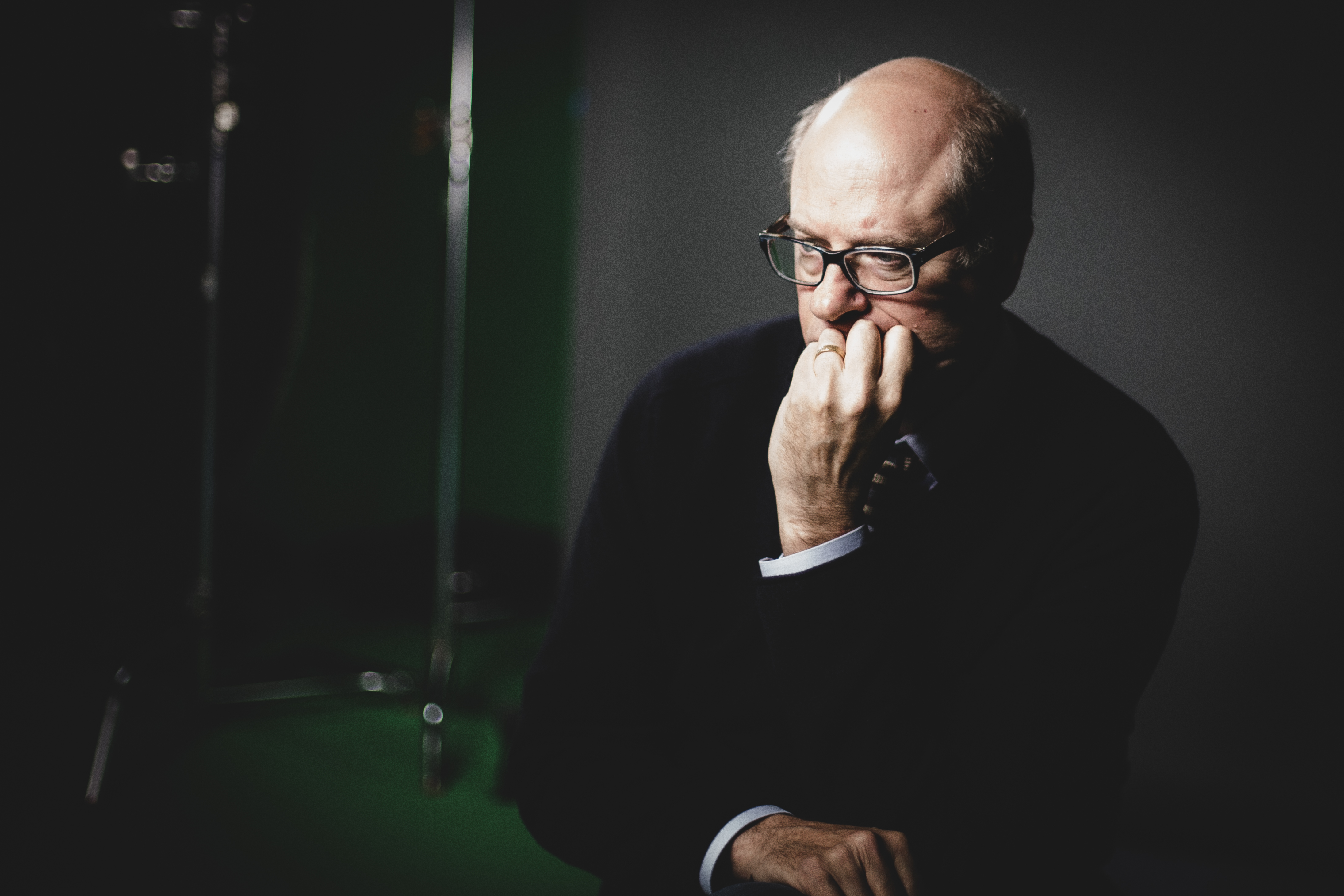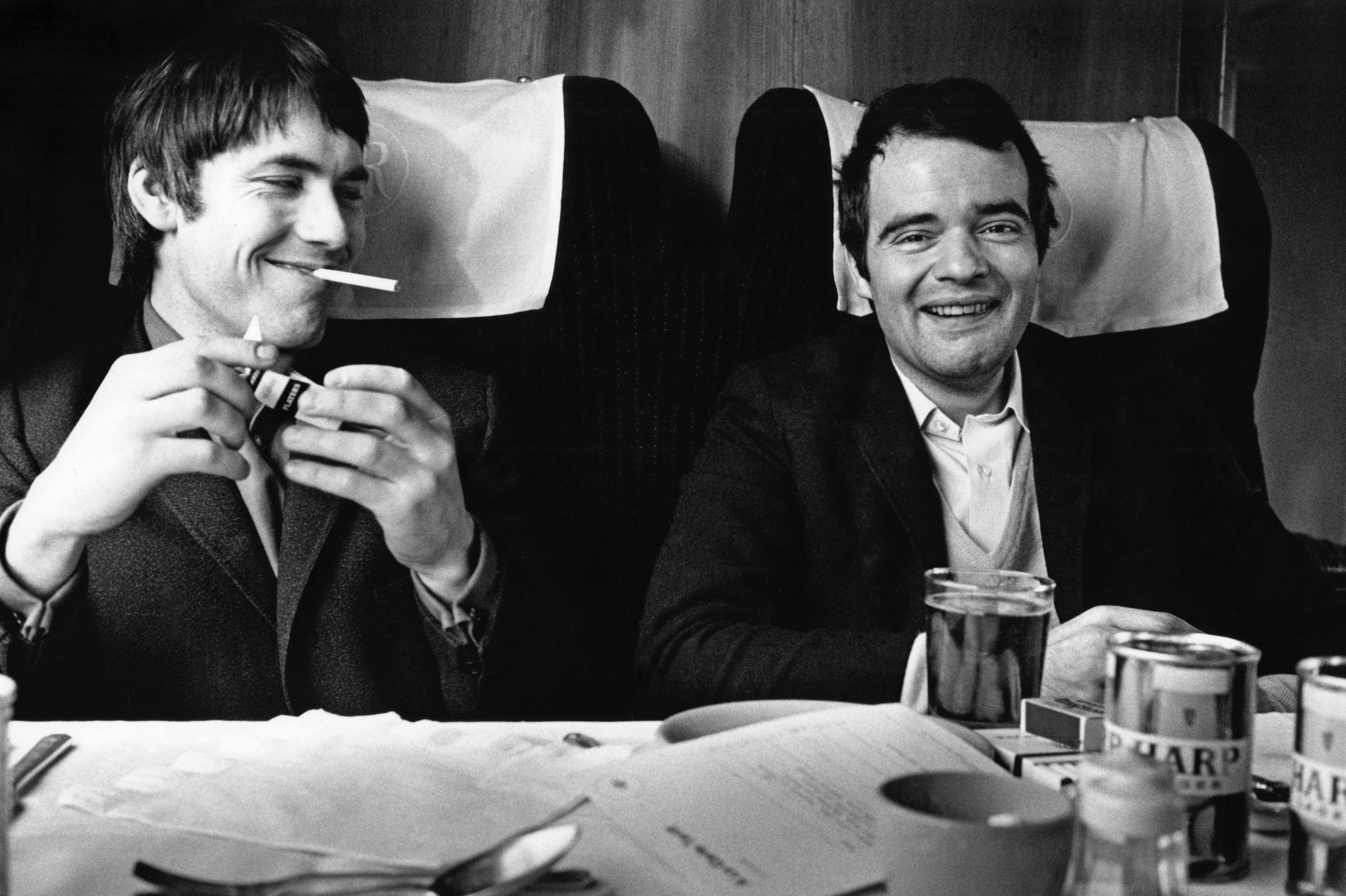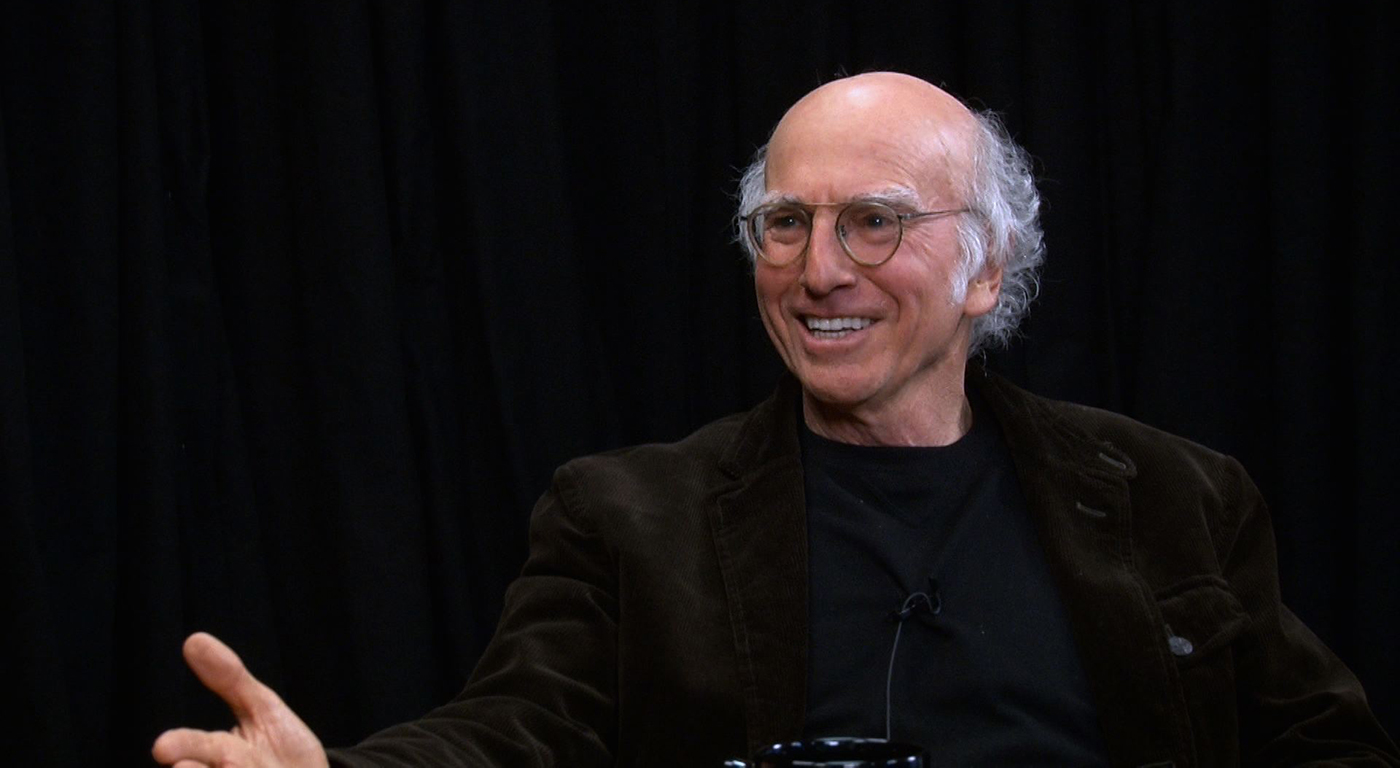YEARS AGO, ROGER Ebert wistfully wished that he could somehow experience The Third Man for the first time all over again. The wish stuck in my mind because I just didn’t get it. I mean, I’d seen the film long ago on TV, and hey, it was a fun picture—but one of the best films ever made?
The Third Man
directed by Carol Reed
starring Joseph Cotten, Orson Welles
opens 7/30 at Varsity
Seeing the newly restored anniversary edition of The Third Man in the hushed darkness of a movie theater, I probably came as close as one can to seeing a movie again for the first time. The cant angles and long shadows looming large on the big screen, the off-balance editing rhythm creating an atmosphere of unease, the happy-go-lucky plucking of the zither creating an ironic dissonance in the post-war rubble of Vienna . . . I realized that while I may have seen the film before, I’d never really experienced it.
The film is directed by Carol Reed but dominated by Orson Welles. His irascible Harry Lime, a charming black marketeer with the most seductive justification for his inhuman schemes, doesn’t appear until fully two-thirds into the story (and what an entrance!). Yet his unseen presence falls across the entire film, which begins with his funeral. Holly Martins, a down-on-his-luck pulp novelist played with headstrong bravado by Joseph Cotten, arrives in Vienna to join his school chum in a get-rich-quick scheme, only to see him lowered into the ground in a ceremony attended by various shady figures being shadowed by British Major Calloway (Trevor Howard). Holly refuses to believe Calloway’s tales of Lime’s criminal reputation or the suspicious “accident” that killed him. Convinced that Harry was murdered, he joins forces with his friend’s grieving mistress, Anna (Allida Valli), and plays boy detective, a hopelessly naﶥ lamb in a city of starving lions.
Carol Reed is a smart filmmaker—clever, precise, technically sound, cinematically sure—and his best films are thoughtful, painstakingly determined works of stylistic sureness. But too often, he matches his ambitions with a manner that drives the spontaneity right out of his work: the heavy symbolism and molasses pace of Odd Man Out and the careful distance and precious child’s-eye view of The Fallen Idol aren’t necessarily flaws, but they stand out as the affected stylistic trills of a man in top technical form.
There’s an element of that show-off quality in The Third Man as well, but Reed rises to the challenge of Graham Greene’s screenplay. He matches sardonic wit with a rolling pace, and a cynical story with an atmosphere of high culture deflated by the desperation of poverty and enlivened by a rogues’ gallery of profiteers and petty crooks. The collision of quaint mittel- European architecture and touristy old-country clich鳠with bombed-out city blocks, the mix of German expressionist exaggeration with droll, understated British wit—gangsterspeak by way of drawing room comedy—creates a continental crime film, a European response to American film noir. The rich atmosphere of Reed’s Vienna, with local aristocrats clinging to whatever scraps of culture they can grab (they ask the decidedly uncultured cowboy novelist Holly to give a speech on the state of modern literature) while petty thieves and harried cops scurry around the edges, overcomes his tendency to overdetermine a scene with sheer cinematic bustle.






